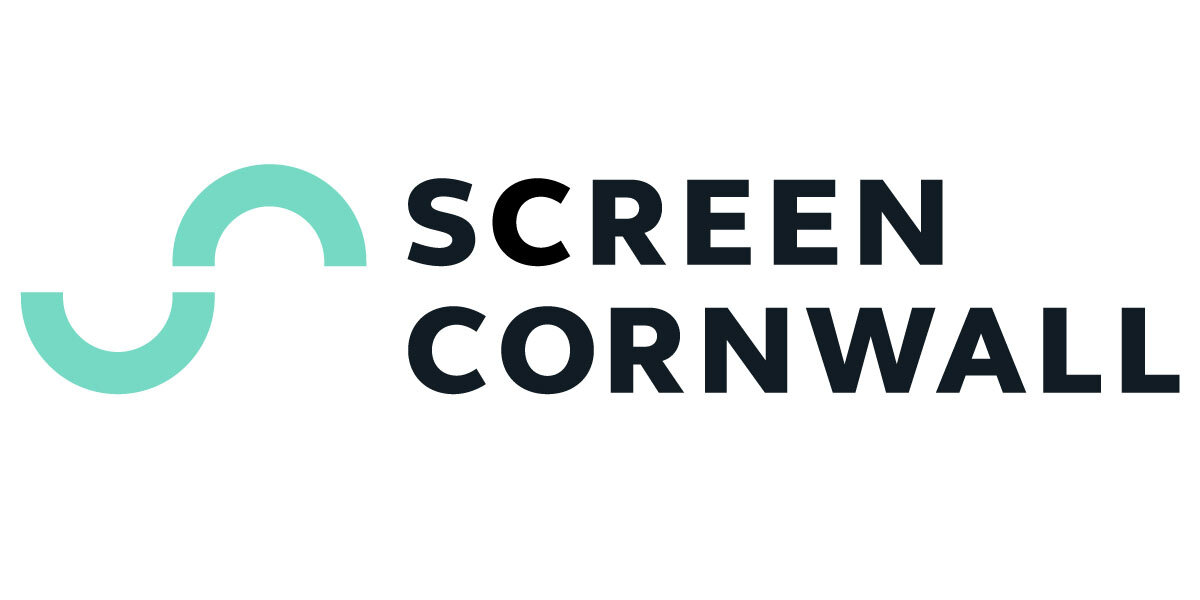Case Study: KORDH
Image: KORDH / Jaime Lock, FylmK Commission. BTS Photo: Al Fraser Edwards
Having been introduced to each other through Screen Cornwall, 2023 FylmK award recipients writer/director Jaime Lock and producer Holly Kellock discuss their experience of KORDH (Clan), the challenges of making their first film, working in the Cornish language and shooting on a remote island…
Producer Holly has worked at a media production company as a producer/production coordinator and was a production assistant on another Screen Cornwall commissioned short film THE WEIGHT. She was recently selected for BFI NETWORK South West’s Producer Lab.
Writer Jaime initially connected with Screen Cornwall through BBC New Creatives and was commissioned to make ‘On the Rock’, an audio piece about growing up on the Isles of Scilly. ‘Our Islands’, a poem by Jaime, was then put to film by Michael Eddy, another BBC New Creatives alumnus as a commission for the G7 cultural programme. Jaime then developed their script for KORDH through Screen Cornwall’s New Writers Network before being commissioned for their directorial debut through FylmK.
“I was very clear with Screen Cornwall that I’d never made a film before. To be honest, I didn’t really know what I was doing there (had big imposter syndrome feelings) and was really nervous. The trust the interview panel had in my idea was exciting and nerve-wracking. They really took a gamble. Screen Cornwall have been so supportive and are always there to answer any questions. It’s been quite a welcoming place for an early-career filmmaker and I think those spaces are rare to find.”
Although daunted by the prospect of making a film in a language they were unfamiliar with, both Holly and Jaime felt passionate about working in Kernewek.
“The Cornish Language Office was so helpful right from the get-go. We got a written and audio translation of the script and language support sessions for actors, which helped us feel at ease with the text. The youngest actor we worked with didn’t even know Cornish was a language, and that’s such a sign that this work needs to happen.”
“As soon as I heard the translation from the Cornish Language Office, I immediately fell in love with how it sounded. I thought, right, I’ve got to do this well, do it justice. It was a lovely opportunity to get to know a part of my heritage in a new way.”
“KORDH is very firmly set on Scilly. It’s where I grew up for the first sixteen years of my life; when I was in the early stages of thinking about this idea, I kept having this image of two young queer people dancing along Peninnis coast path on St Mary’s. It’s where I’ve walked countless times, alone, with friends, it’s where I screamed at the sea as an angry teenager, where I’ve looked at the stars... It’s the same with the pub. We shot part of KORDH in the pub my late Grandad Guy built years ago. That felt really special.”
Image: KORDH / Jaime Lock, FylmK Commission. BTS Photo: Al Fraser Edwards
Holly recognised how important the location was to the story and was committed to filming on Scilly, despite the additional budget required (raised through a successful crowdfunded campaign) and the logistical complications of crossing the sea for the shoot:
“KORDH is a very personal story to our director Jaime, about how isolating it can be for some young people, who feel they don’t quite fit in. It’s an LGBTQIA+ story about identity and self-discovery, whilst growing up in a small close-knit community.”
“Our Cinematographer, Amber, knew of the weight limitations with taking the kit onboard the Scillonian ferry. She made a list of the essential equipment and from there, we could see if it would fit in the extra luggage we were allowed. Due to cast & crew availability we also had to film during the October half-term, and with the changes in seasons there was a higher risk of the ferry getting cancelled because of rough sea conditions.”
For both, the positive experience from working on this film is how everyone came together to support one another, despite the adversity of being at the whim of the weather and having to squeeze the last day of the shoot into half a day when a ferry was (inevitably) cancelled. For example, family members helping with catering and transporting equipment and members of the local community letting the crew use venues as filming locations and unit bases. Holly concludes:
“In the end, we managed to build a community, and I think the one thing I’ll take away from this is don’t be afraid to ask for help.”
Jaime adds:
“It was so interesting (and hard, in a rewarding way) to be part of the entire process from idea to delivery and I will take all of this knowledge forward towards the next project. The most unexpected positive experience was finding out how much I enjoyed directing. I see myself as a writer and wasn’t sure whether I was up to the challenge of directing a film, but I was able to find my own intuitive way of doing things. I feel really lucky to have met so many different creatives in the industry through this process. I now have a network and I hope to work with these people again in the future. Connections like that are super valuable.”
“We can’t wait for audiences to see a Scillonian trans boy on screen, speaking Cornish, finding someone he relates to, and experiencing joy. I kept falling more in love with the characters each day we shot, and I hope audiences will love them too.”


